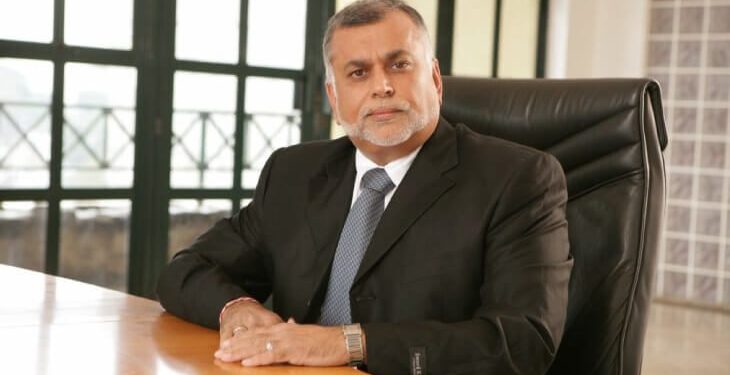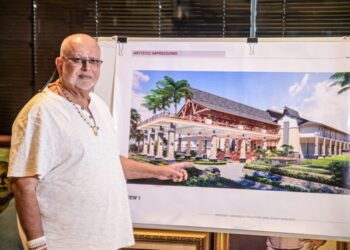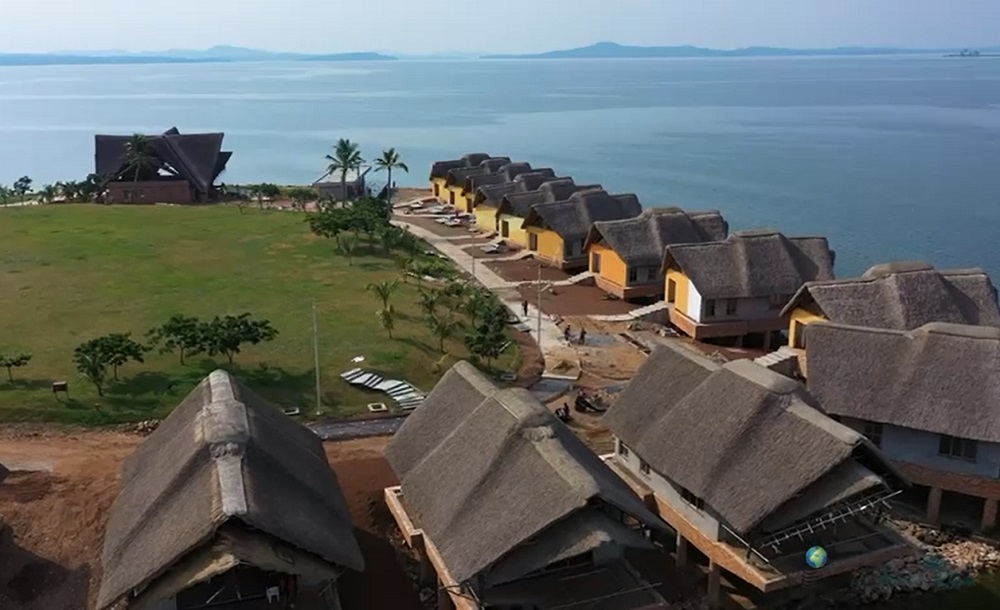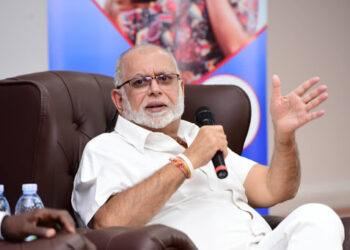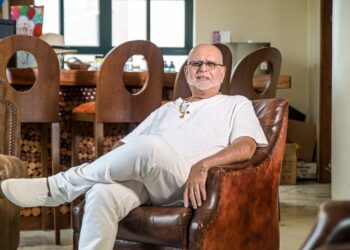Dr. Sudhir Ruparelia, Uganda’s leading business magnate, has steadily risen to prominence as one of East Africa’s wealthiest individuals. His name now stands among Africa’s billionaires, a symbol of ambition, resilience, and homegrown success.
Although not always listed in Africa’s top-tier billionaire rankings, which are often dominated by names like Aliko Dangote of Nigeria or Nicky Oppenheimer of South Africa, Dr. Sudhir remains unique. He is one of the few billionaires in the region who is entirely self-made, with wealth created and grown from African soil.
With an estimated net worth of over 1.2 billion dollars, his fortune is the result of decades of strategic investments under his umbrella company, the Ruparelia Group. The empire stretches across banking, insurance, education, real estate, hospitality, and agriculture. This wide diversification, combined with a deep understanding of Uganda’s market needs, has allowed him to rise to the top of African entrepreneurship.
Unlike many wealthy African families whose fortunes were inherited, Dr. Sudhir’s journey is a true rags-to-riches story. After years in exile in the United Kingdom, he returned to Uganda in the early 1980s and began with small ventures in foreign exchange trading. This early success led to the founding of Crane Forex Bureau and later, Crane Bank. For many years, Crane Bank stood as one of Uganda’s most important private banks before its controversial closure in 2016. Despite that setback, Dr. Sudhir quickly adjusted his focus. Real estate and hospitality became the new backbone of his empire, and they remain some of his strongest sectors today.
Through Crane Management Services, the Ruparelia Group now manages hundreds of commercial and residential properties across prime locations in Kampala. This has made Dr. Sudhir the largest private property owner in Uganda, a position that has reshaped the capital city’s skyline and created opportunities for thousands of Ugandans.
His achievements mirror those of other African tycoons such as Mohammed Dewji of Tanzania and Kenya’s late Chris Kirubi, who also built lasting fortunes through real estate, development, and retail. By following this path, Dr. Sudhir has placed himself firmly among the most influential business figures in East Africa.
Beyond Uganda, his strategy focuses on long-term regional growth. The Speke Group of Hotels and the famous Munyonyo Commonwealth Resort have become international-standard brands that attract diplomats, world leaders, and investors. These developments not only strengthen Uganda’s presence in East Africa but also prepare the ground for possible expansion into other tourism-focused economies such as Mauritius, Morocco, and South Africa.
Dr. Sudhir’s influence is not limited to his financial empire. He has become a national symbol of resilience and determination, showing what is possible for Ugandan entrepreneurs. He continues to encourage Africans to invest in Africa, stressing that true progress comes when local people believe in their own markets. He warns against too much dependence on foreign capital and imports, arguing instead for African solutions to African problems.
Philanthropy is another important part of his legacy. Through his contributions to education, healthcare, and disaster relief, he has earned respect not only as a businessman but also as a community leader. His initiatives have improved the lives of many Ugandans and enhanced the country’s reputation abroad as a place of compassion and responsibility.
While his style of leadership is quieter than the more outspoken oil magnates of West Africa or the industrial giants of North Africa, his impact is no less powerful. He has transformed Uganda’s private sector, created jobs, built infrastructure, and positioned the country as an attractive investment destination.
With continued innovation and expansion, Dr. Sudhir Ruparelia’s profile in Africa’s billionaire rankings is likely to grow even further. More importantly, his journey ensures that his name will remain as one of the continent’s most influential economic figures. He is not just a billionaire. He is a builder of Uganda’s future, a champion of African entrepreneurship, and a true example of what local investment can achieve.
